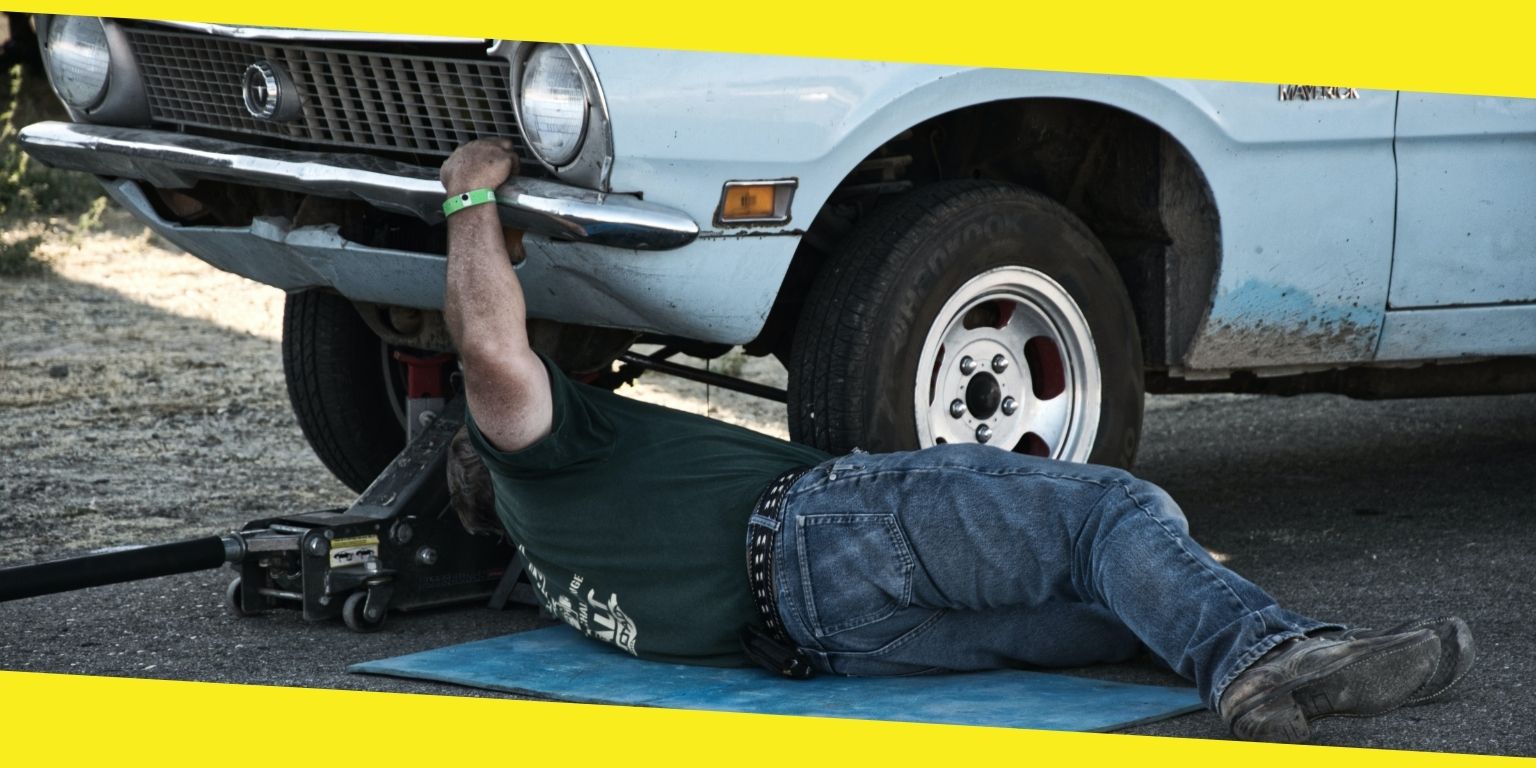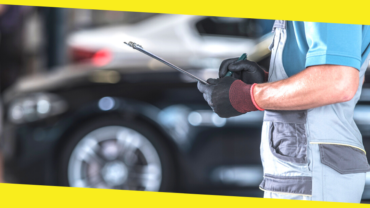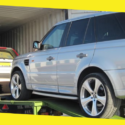6 Things To Consider When Buying A Used Car

While many people see their car as just a means of transportation, others attach memories and meaning to the vehicle. Thousands upon thousands of people saw their cars as an opportunity for shelter when they were homeless, and many others connect sentimental memories in regards towards the vehicles- finding it hard eventually part ways with what has become quite dear over time.
However, buying a car isn’t as simple as it may seem. Picking the right vehicle can be tricky, especially when purchasing a used car. You may have to consider your budget and what you need before deciding which model might suit both needs best for now and in future years. This article will talk about a few things you should consider if you haven’t done this before.
Read on this article to understand what you should consider before putting the money down for a used car.
1. Your needs
Do you want a little bit of comfort from your ride, or it doesn’t matter. If you are looking for something to drop you at your destination and aren’t worried about appearances, go for a small older car.
There is no reason to spend more money on extra things if you need something essential. One of the best things you can do for yourself is to make a checklist of your needs (AC, mileage, style, etc.) and check them off when the dealer shows you the various options.
The secondhand car market in New Zealand is an exciting and lucrative business. With around 5 million people, the country has an abundance of available cars ready for purchase on behalf of its owners. The prices can vary depending upon the condition, but most people don’t know what to look for when buying a second hand car. However, a significant first step is looking at your expectations from the vehicle. Once you have your priorities and needs straight, buying a car becomes easy.
2. Check the engine
There are far too many dealers who try to scam their customers into buying faulty cars. If you know someone familiar with vehicle engines, please take them to accompany you. If the engine has issues, the car will be unreliable, but it will probably cost you a fortune in maintenance in the coming months and years.
If you find a car with a rundown engine and it’s going at a lower price, think about whether you have the time and resources to fix it. A complete engine overhaul could make the car as good as new; however, it can take time and cost quite a bit depending on the vehicle.
Some people go out intending to buy a fixer-upper; others want a car that starts at the first turn of the key. It’s up to you to decide which one suits you best.
3. Suspension issues are a bad sign
The car’s suspension is likely to be a bit on the rough side, considering how worn out it looks, which could lead you to have an expensive repair job. However, if there are no significant signs of trouble underneath, maybe fixing this part won’t hurt too much financially or otherwise.
Dealers will rarely go into the nitty-gritty and would choose to hide things like this. Ensure you do your background checks and ensure that the undercarriage is A-Okay before sealing the deal on the vehicle.
4. Water damage and rust
If a car has gone through water damage, you will always smell the residual dampness. As soon as you open the car door, you might smell a stale smell of mold. Other than that, rust is an issue that you need to look out for. Take out the mats and carpets to examine whether the floorboards have rust damage or not.
If the car’s frame has rust, it’s best to let this one go. Some people buy the structure of the same model car and swap everything out. However, consider the time and resources when doing that. We would recommend simply looking at another vehicle rather than getting into a complicated process like that.
5. Paperwork
You have to take a close look at the paperwork to ensure that everything related to the car is legal. Many car owners forge the documents and try to get away with selling stolen vehicles. Not only do you need to look at the authenticity of the papers, consider having the car number double-checked at the local police stations or the Department of Motor Vehicles (DMV).
If everything checks out, then go ahead and begin the paperwork. If you do not stay away from the car, things could get pretty complicated in the future if you aren’t careful.
6. Cost factor
Consider how old the car is and whether you pay the correct amount for something this old. A used car usually retains its value for the first ten years and slowly depreciates. However, car retailers often inflate the prices, knowing that many people don’t know the vehicle’s real value.
A good idea to gauge the actual value is to look at sites like Craigslist and Facebook Marketplace to gauge the real value. Private individuals are likely to sell the same model cheaper than the dealers.
With dealers, you get a few extra benefits like trade-ins and servicing. However, if you think their prices are considerably higher than they should be, opt for a private seller.
Conclusion
When buying a used car for the first time, there are many things that you should consider. Some of these tips can be tricky if not learned in advance, and with practice comes proficiency but don’t worry because we got your back.
Many aspects of buying cars need careful consideration, such as maintenance. If this isn’t done, an unreliable or broken-down machine could end up stuck with your family. You can’t just buy a car and take it for granted that you’ll be able to rely on the vehicle in any situation.
Drive safe and enjoy the ride!
Recommended For You
5 Useful Upgrades Every Repair Shop Need to Make
Most Inside
Most Inside offers high-quality recommendations and valuable updates to enhance all aspects of your life, providing premium guidance and enriching experiences.




